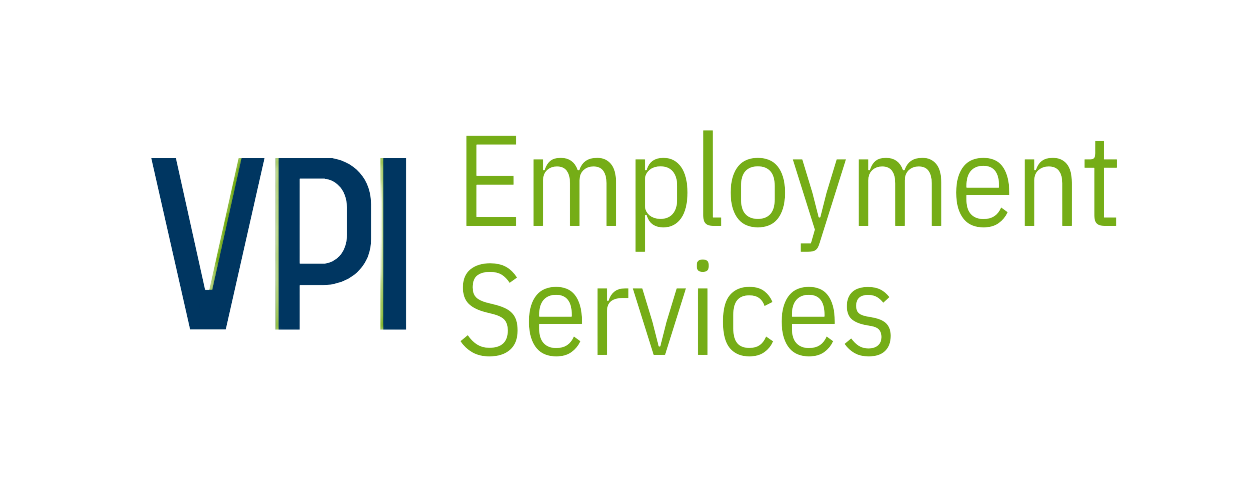Finding a job is a challenging task for anyone. It can be especially difficult if you’ve never done it before. If you’re a first-time job seeker, you may not know how to look, where to look or what to look for to find the right job.
To help you understand what to expect as a first-time job seeker, we asked our team of expert Job Placement Specialists and Resource Specialists what the biggest challenges are for first-time job seekers and what you can do to overcome them.
Here are the top three responses:
- lack of experience (60%)
- lack of connections (25%)
- lack of job market information (10%)
Lack of experience
According to our team of experts a lack of experience is, by far, the biggest challenge that first-time job seekers face. If you have already started your job search, you have probably noticed that most jobs list “experience” as a requirement. This presents a seemingly circular problem–how can you get a job to gain experience when you need experience to get a job to gain experience?
Almost all of our experts said that volunteering is one of the best ways to make up for a lack of experience when you are trying to break in to the job market. One of the main reasons employers want to see experience on your resume is because they need to know that you can handle the role. Even without paid experience, volunteering can show employers that you are mature enough and responsible enough to take on a job.
Volunteering also has other benefits that can help you in your job search. As one of our Job Placement Specialists put it: “Volunteering is always a positive way to overcome the challenge of lack of experience. It not only gives you hands-on opportunities, you also learn the value of professionalism, reliability and time management. You also develop connections and opportunities for a reference.”
Lack of connections
It’s one thing to know what types of jobs are available in your area. But once you know what you’re looking for, how do you know where to look? And once you find something suitable, how do you make contact with employers? How can you find a job if you don’t have the right connections?
One of our Job Placement Specialists had this advice for overcoming the problem of a lack of connection: “Attend networking events in your desired field. Direct emails to hiring managers or drop off resumes. Leverage existing contacts.”
Over 70% of our team of experts said that they found their first job through a friend or a family member. In other words, most of our experts found their first job through their existing network of connections.
Knowing someone who knows about a job opportunity is a good way to get your foot in the door. If that person is in a position to give you a reference, even better. But as a first-time job seeker, many of your friends may not yet have jobs themselves or may not be in a position to recommend you for a job. Making new connections based on your area of interest or “networking” is a great way to meet people who may be able to help you find a job in the future.
Lack of job market information
If it’s your first time looking for a job, the idea of a “job market” may not have crossed your mind. A “job market” is a way of talking about the available jobs in a geographical area at a given time. In order to find a job, you have to match up your abilities with the abilities that employers are looking for. Knowing your job market gives you an idea of what employers are looking for in your area and makes it easier for you to find a match.
Knowing your job market is important because you can’t get a job that is not available. For example, you may be an excellent graphic designer but if there are no graphic designer jobs in your area, then chances are you won’t get hired as a graphic designer. And if you’re only looking for graphic designer jobs, you may miss out on other opportunities.
One of our Job Placement Specialists summed up the best way you can learn about your local job market–“Familiarize yourself more with the labour market, do the research regarding positions. And be open to other possibilities (i.e. open to working weekends)”.
The best way to find out about your local job market is research. Take a look at job boards, classifieds and “help wanted” signs. Find out what jobs are being offered in your area. Pay attention to the types of jobs that are being offered, the types of employers, how much they pay, hours and job requirements. This will give you a sense of what opportunities you can expect to find, how your skills match up with what employers are looking for, and what you might be lacking.
Getting started
Looking for your first job can be a daunting task. Researching your local job market, networking and gaining experience may seem impossible if you’ve never done anything like it before. Luckily, if you’re a first-time job seeker, you don’t have to face these challenges alone.
As one of our Resource Specialists put it: “For first time job seekers it is important to get familiarized with the various programs and services that are out there for them to access. They need the extra guidance to help them understand the employment market and the realistic expectations for those specific jobs they are seeking to go into.”
The Youth Job Link (YJL) program is an Employment Ontario service designed to help youth (aged 15-29) overcome the specific challenges that come along with breaking into the job market. The YJL program offers free workshops like Career Cruising and Occupational Research to help job seekers better understand their own interests and suitability; Networking and LinkedIn to help job seekers make connections and get a sense of their local job market; and Job Interviews and Resume and Cover Letters to help job seekers identify and highlight their strengths to employers.
For more information about the Youth Job Link program, or to register for an upcoming Youth Job Link event, visit the YJL program page or sign up for one of our Youth Job Link workshops.

